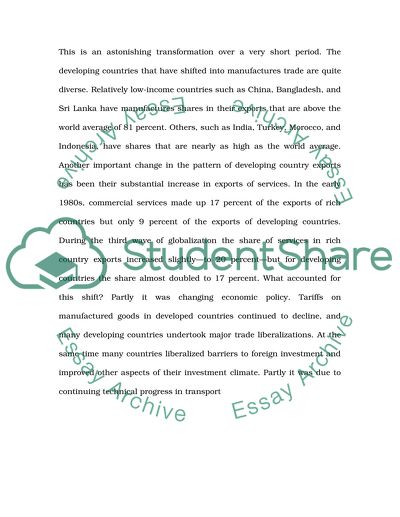Cite this document
(“International Trade - Definition, Meaning Term Paper”, n.d.)
International Trade - Definition, Meaning Term Paper. Retrieved from https://studentshare.org/macro-microeconomics/1515340-international-trade-bachelor-essay
International Trade - Definition, Meaning Term Paper. Retrieved from https://studentshare.org/macro-microeconomics/1515340-international-trade-bachelor-essay
(International Trade - Definition, Meaning Term Paper)
International Trade - Definition, Meaning Term Paper. https://studentshare.org/macro-microeconomics/1515340-international-trade-bachelor-essay.
International Trade - Definition, Meaning Term Paper. https://studentshare.org/macro-microeconomics/1515340-international-trade-bachelor-essay.
“International Trade - Definition, Meaning Term Paper”, n.d. https://studentshare.org/macro-microeconomics/1515340-international-trade-bachelor-essay.


